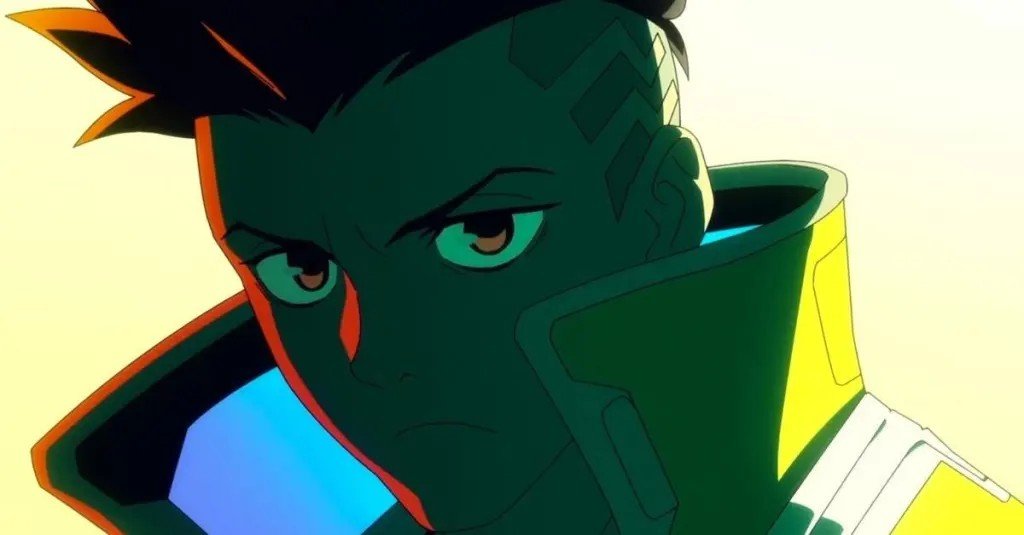Silent Hill 2 Remake: A Triumph, but Bloober Team’s Past Representations of Mental Health Shouldn't Be Overlooked
Bloober Team’s Silent Hill 2 remake has been eagerly awaited by fans of the survival horror genre. The original Silent Hill 2 is widely considered a masterpiece, not only for its atmosphere and storytelling but also for its nuanced and terrifying exploration of mental health. In Bloober’s hands, the remake has received praise for its technical achievements, faithfulness to the source material, and an ability to convey the haunting psychological themes that made the original so impactful.
However, while Silent Hill 2 stands tall, this success casts a shadow on Bloober’s more problematic representations of mental health in its other games, particularly The Medium. The studio’s past work in depicting mental illness often veers into sensationalism and problematic clichés. While the Silent Hill 2 remake demonstrates their ability to faithfully represent complex emotional narratives, it does not absolve Bloober of the concerns raised by earlier titles, raising questions about how mental health in gaming should be treated moving forward.
Silent Hill 2: A High Bar for Mental Health Depictions
In Silent Hill 2, mental illness is not treated as a simple plot device but as an intrinsic part of the characters’ lives and the world they inhabit. James Sunderland, the game’s protagonist, suffers from a deep well of psychological trauma and guilt, which is reflected in the nightmarish, symbolic world of Silent Hill. The creatures he encounters are physical manifestations of his inner turmoil, and the story’s ambiguity allows players to interpret these elements in different ways, much like the complexity of real mental health struggles.
The remake captures much of what made the original so effective. The updated visuals and soundscapes create a fresh, immersive experience without losing the emotional core of James' journey. Bloober has taken great care to modernize the game while preserving its unsettling atmosphere and the subtlety with which it approaches themes of grief, guilt, and repression. This care has been widely praised and demonstrates Bloober’s capability to treat mental health issues with sensitivity.
But therein lies the contrast: Silent Hill 2 stands in stark opposition to Bloober’s own previous attempts to grapple with similar themes, particularly in games like The Medium.
The Medium: The Problem of Mental Health as Horror Spectacle
Released in 2021, The Medium tells the story of Marianne, a psychic who can traverse between the physical and spiritual worlds. While the game attempts to delve into psychological trauma and the effects of childhood abuse, its treatment of mental health feels far less nuanced than Silent Hill 2. In The Medium, mental illness is often reduced to a convenient narrative hook for horror, rather than a meaningful exploration of human suffering.
One of the primary criticisms of The Medium is its portrayal of mental health through the lens of the antagonist, Thomas. His trauma, stemming from childhood abuse, is depicted as a monstrous evil that takes physical form in the spirit world. While the game’s dual-world mechanic is creative, it ultimately uses mental illness as a spectacle, associating it with literal demons and horrors, which risks perpetuating damaging stereotypes.
Moreover, The Medium’s failure lies in its reductive presentation of trauma. Where Silent Hill 2 uses its monsters as nuanced metaphors for the protagonist’s internal battles, The Medium often turns trauma into grotesque external forces that must be vanquished. This simplification of psychological struggles reflects a misunderstanding of mental health issues and how they are lived experiences that cannot be easily resolved by “defeating” one’s inner demons.
The Responsibility of Game Developers in Mental Health Representation
Bloober Team’s success with Silent Hill 2 is a significant step forward in the portrayal of mental illness in games, but it doesn’t excuse the problematic approach seen in The Medium. Game developers have a responsibility to handle mental health carefully because of the power of games to shape public perception and create immersive experiences that deeply resonate with players. Reducing complex mental health conditions to simple horror tropes can contribute to misunderstanding and stigma.
While the Silent Hill 2 remake demonstrates Bloober’s potential to handle these themes with more care, it also highlights the importance of consistency. Developers can, and should, learn from their missteps. Rather than relegating mental health to a frightening backdrop or a plot twist, they need to approach it with the same thoughtful consideration that went into James Sunderland’s complex psychological portrait.
Where Do We Go From Here?
So, where does Bloober Team — and the gaming industry more broadly — go from here? The success of the Silent Hill 2 remake should serve as a roadmap for future projects, showing that it is possible to depict mental health in a way that is both respectful and engaging. Moving forward, game developers should:
Avoid Simplistic Tropes: Mental health issues should not be reduced to external monsters or evil forces. While metaphor can be a powerful storytelling tool, it needs to be handled with care and depth, ensuring that mental illness is not trivialized or demonized.
Focus on Nuance and Empathy: Like Silent Hill 2, future games should focus on the lived experiences of characters with mental health issues. Developers must emphasize the human side of these struggles, ensuring they are portrayed with complexity, empathy, and realism.
Consult Mental Health Experts: Developers should work with mental health professionals to ensure accurate and thoughtful portrayals of mental illness. This can help avoid perpetuating harmful stereotypes and encourage more nuanced representations.
Promote Mental Health Awareness: Games can be a powerful medium for raising awareness about mental health. By telling stories that are rooted in empathy and understanding, developers can help reduce the stigma surrounding mental illness and encourage dialogue among players.
Simply Put
Bloober Team has demonstrated that it is capable of great sensitivity in handling difficult topics with the Silent Hill 2 remake, a game that continues to stand as a benchmark for psychological horror and thoughtful depiction of mental health. However, the troubling representations seen in The Medium remind us that the industry as a whole has a long way to go in portraying mental health with the nuance it deserves.
As more games delve into psychological themes, developers must resist the temptation to use mental illness as mere fodder for horror. Instead, the industry should aim to create richer, more empathetic narratives that respect the realities of those living with mental health conditions, helping both to entertain and to educate. If Silent Hill 2 is any indication, Bloober Team has the potential to lead the way — but only if they learn from their past.









Explore the psychology of trauma representation, examine the impact of redesign on character narratives, and explore how audience expectations shape responses to character changes in the remake.